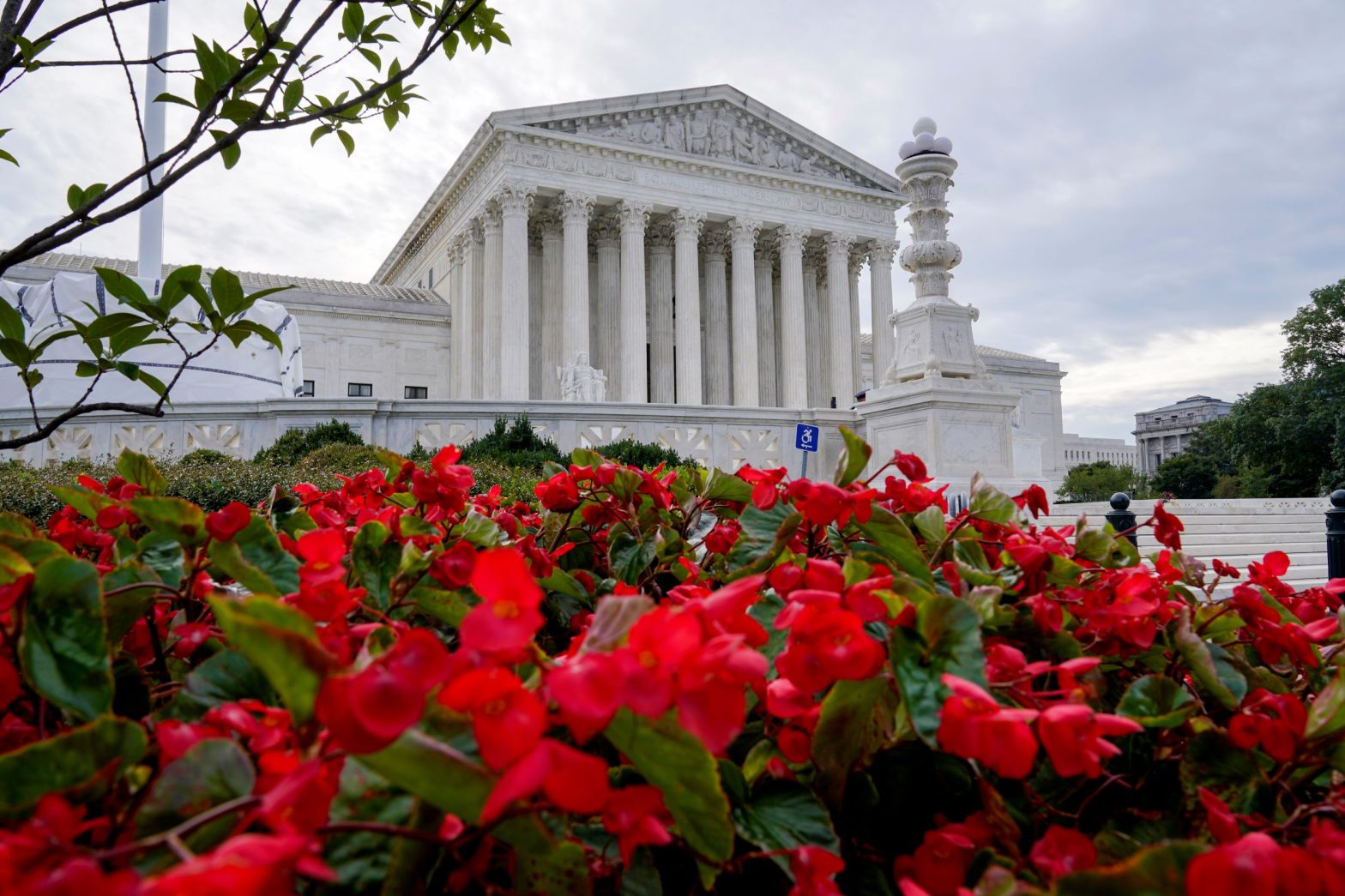Supreme Court to Hear Worker’s Case to Clarify Arbitration Clause Rights

WASHINGTON — The Supreme Court agreed Monday to hear a case by a fast-food worker who claims employers have no right to force arbitration on employees after first contesting the workers’ lawsuits in pre-trial proceedings.
The Taco Bell worker who sued said her franchisee in Iowa avoided paying overtime by spreading employees’ hourly wages over weeks, thereby bringing the average to no more than 40 hours per week. She was seeking back pay for overtime.
After litigating the case for eight months, the franchisee, Sundance, Inc., invoked the arbitration clause in Taco Bell’s standard employment contract.
A federal court in Arkansas ruled for the employee, Robyn Morgan, by saying her employer already waived its right to arbitration by waiting too long.
The Eighth Circuit Court of Appeals disagreed. The delay did not hurt Morgan’s chances of a fair outcome from arbitration, the appellate court said.
Other courts across the United States also have split on the enforceability of arbitration clauses.
Part of the confusion appears to result from the Supreme Court’s precedent in the 2011 case of AT&T Mobility LLC v. Concepcion. It said courts should evaluate arbitration agreements “on an equal footing with other contracts.”
A variety of state and federal courts interpreted “equal footing” differently.
Morgan’s attorneys noted the confusion in their petition to the Supreme Court, writing, “Parties who are contractually bound to resolve future disputes in arbitration but who choose to litigate those disputes in court instead face differing legal standards throughout the country for whether their inconsistent litigation conduct constitutes a waiver of their right to demand arbitration.”
It adds, “This Court should grant the petition to provide clarification and uniformity to this unsettled area of law. Both are badly needed.”
Morgan filed her case against Sundance, Inc. by invoking worker protections under the Fair Labor Standards Act. The 1938 law creates a right to a minimum wage and requires time-and-a-half overtime pay for more than 40 hours per week of labor.
The case coincides with a hearing Tuesday in Congress on whether arbitration can be unfair to workers. Several lawmakers are considering changing federal statutes to clarify the enforceability of arbitration clauses.
The case is Morgan v. Sundance, Inc., U.S., No. 21-328.
Tom can be reached at [email protected]























